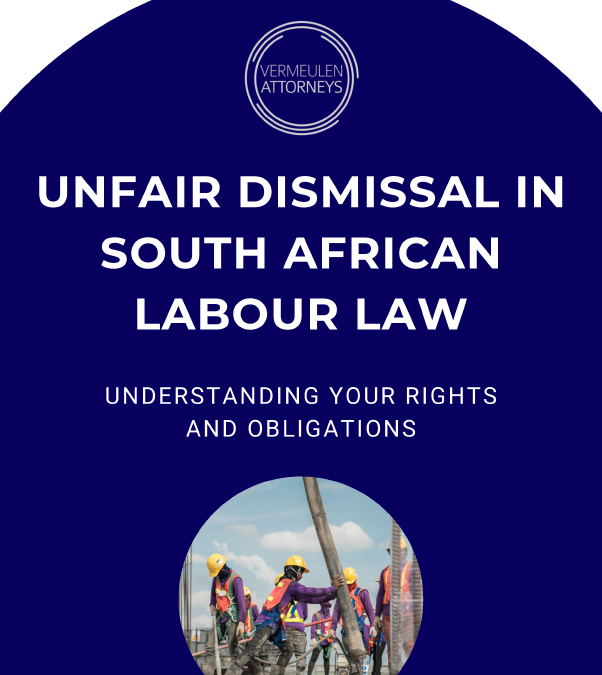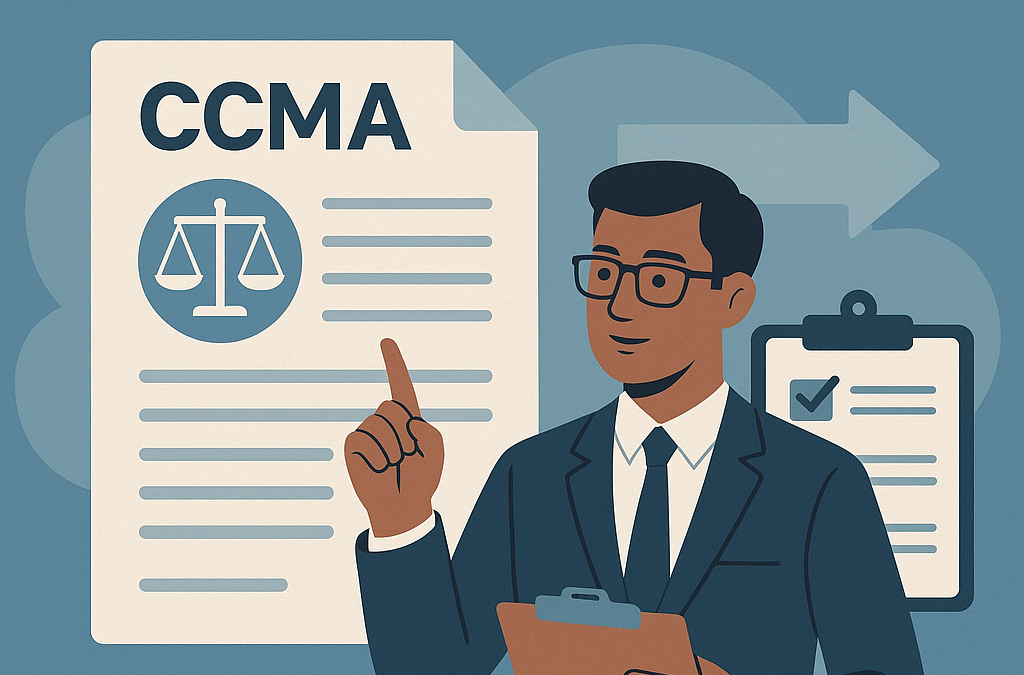There are a lot of questions to ask yourself before you dismiss an employee, but we highlight three of the most important ones. In a lot of instances, some employers are too eager to dismiss an employee for some form of misconduct. This has in almost all of those instances, landed the employer in hot water. The Labour Relations Act and Code of Good Practice sets out the procedures that need to be followed when an employer wants to dismiss an employee. This is not always an easy process and if not followed correctly, the employer can be requested by the CCMA and relevant forums.
1. Does my employee need to be dismissed?
Most companies have policies and procedures in place that governs the actions of an employee. Usually an employer will have each employee sign for the policies and procedures, in other instances the policies and procedures can be found online and when the employee signed the employment contract it stipulates where the policies and procedures may be found. For each transgression a suitable remedy is listed.
These remedies will most likely include warnings, final written warnings and then finally dismissal.
Some transgressions might warrant an immediate dismissal, due to the severity thereof. A lot of employers have made the mistake to believe that the term immediate dismissal means dismissing an employee on the spot right there and then. This is not the case. The Labour Relations Act sets out that a dismissal must be procedurally and substantively fair.
If you have identified that an employee had transgressed, the suitable remedy should be utilized. In case of an immediate dismissal transgression, it is important for an employee to contact the HR Department, alternatively a person that deals with the HR internally, in order to start the process of a disciplinary hearing.
2. Has the correct procedure been followed leading up to a disciplinary hearing and during the disciplinary hearing?
Following the correct procedure when informing an employee to attend a disciplinary hearing is just as important as the actual disciplinary hearing. A formal notice to attend a disciplinary hearing must be dispatched to the employee, providing him with 48 hours notice to attend. The employee must also be informed of his rights. On the day of the disciplinary hearing the chairperson must ensure that the procedure leading up to the hearing was followed.
If a correct procedure has been established and the chairperson recommends a dismissal, the employer can provide the employee with a dismissal letter.
3. Have I paid out all statutory leave to my employee and have I completed a UI-19 Form?
If the employee has leave days due to him, it is important for the employer to ensure that these monies are paid. If it is not paid, the employee can approach the Labour Court and in some cases will even approach the CCMA.
Together with the above, the employer must provide the UI-19 form to the employee in order for the employee to claim unemployment.
When deciding whether an employee needs to be dismissed, there are various factors that need to be taken into account. The above are just some of the important factors, but when an employee decides to dismiss an employee, contacting the HR manager / attorney will be the first step in ensuring that the matter is dealt with swiftly and correctly.











